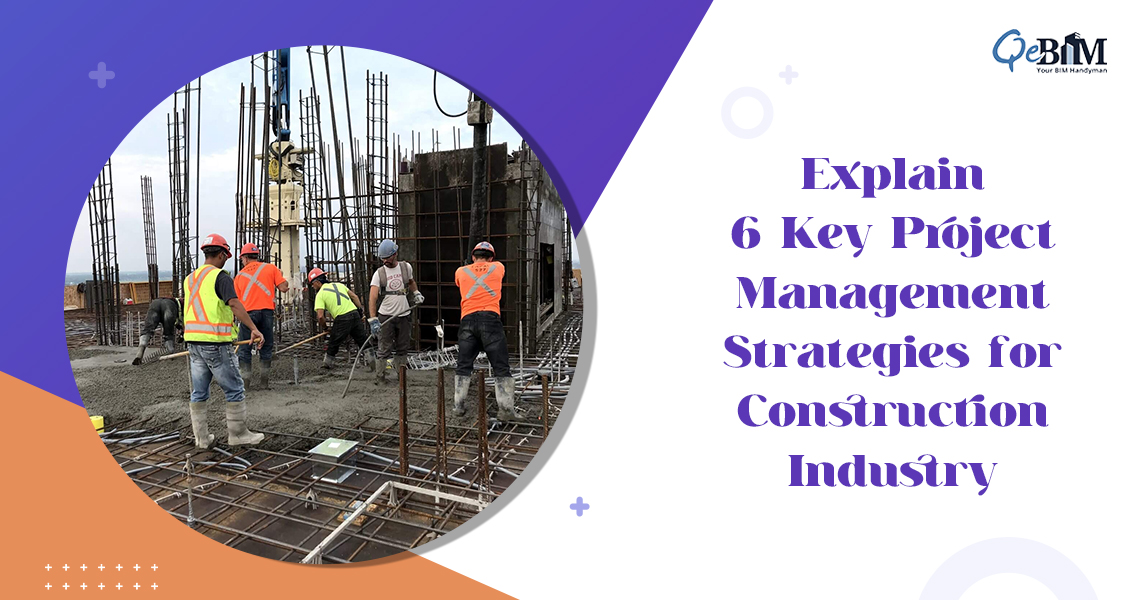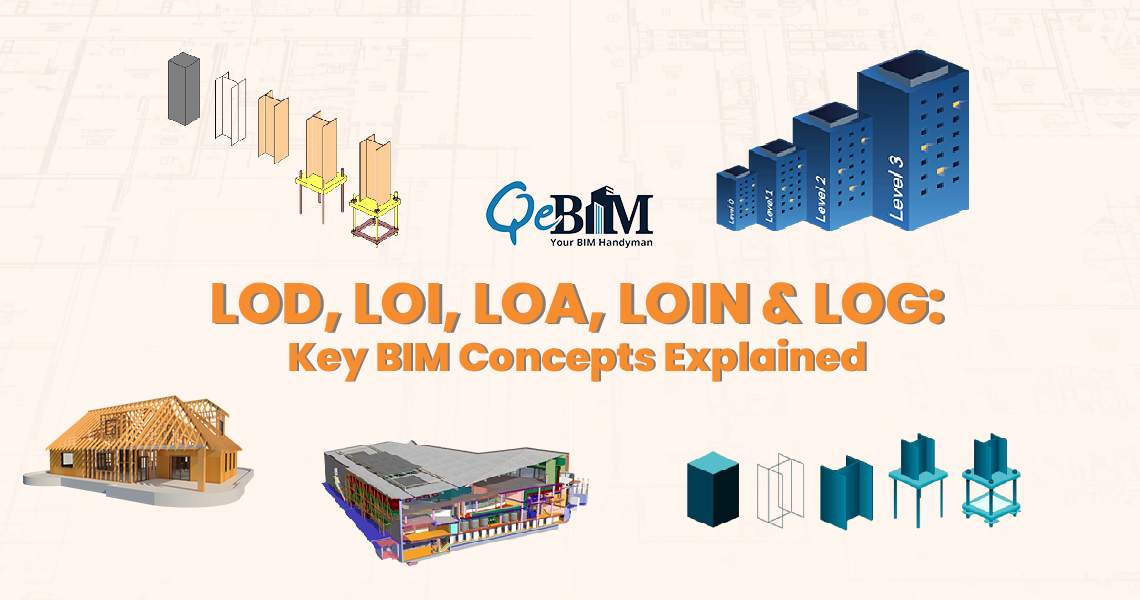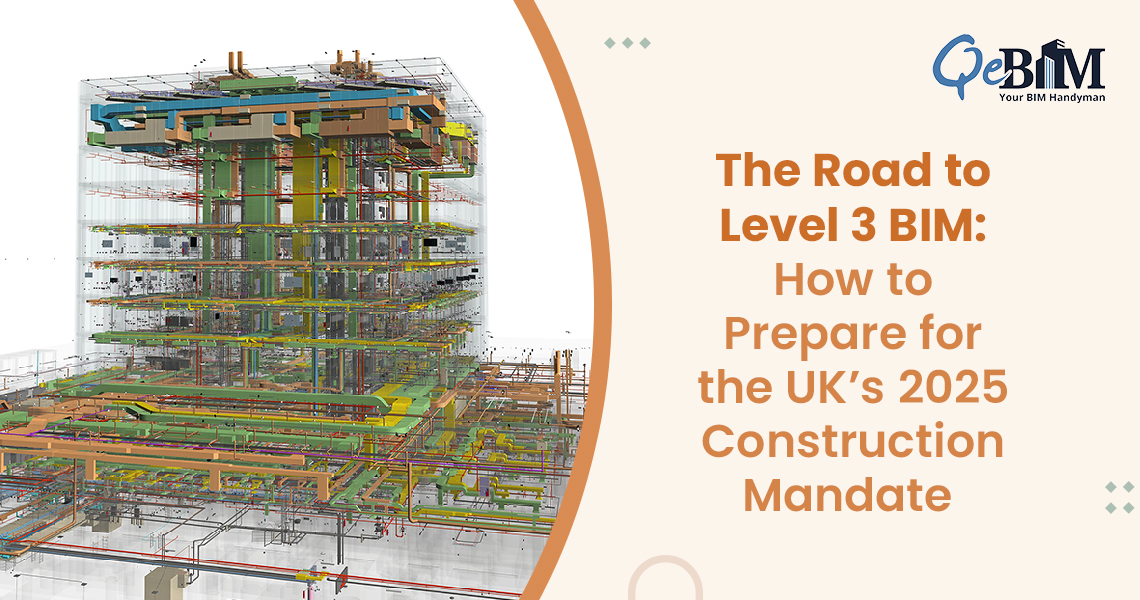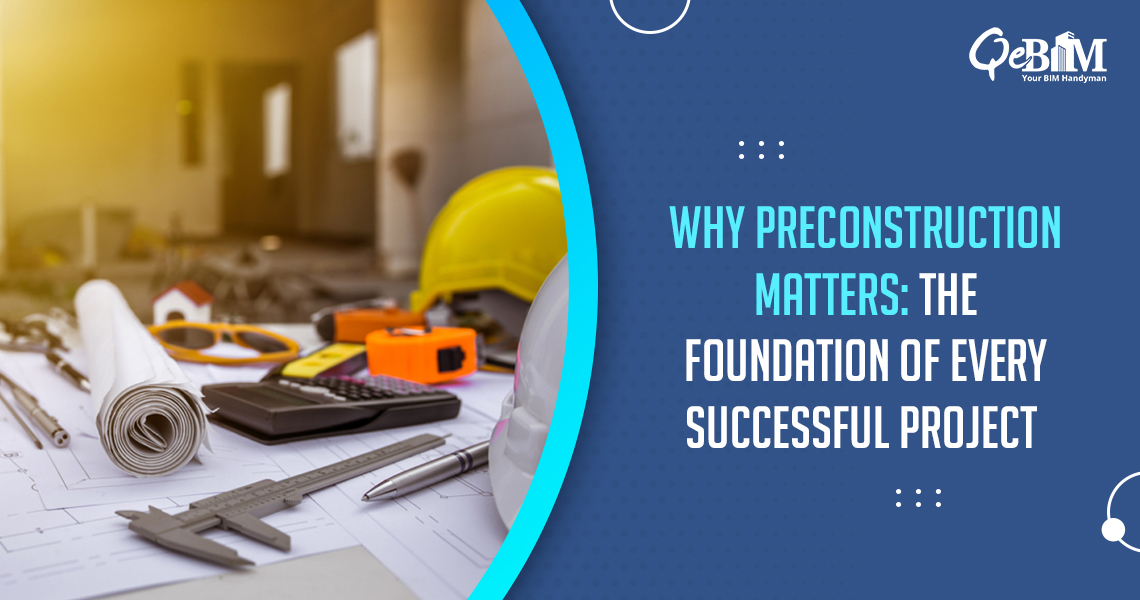Project management in the construction industry is a dynamic and intricate field that calls for careful planning, clear communication and adaptability. With large budgets, tight deadlines and a countless stakeholders involved, it is essential to adopt the strategies that ensures a successful project completion.
Here are six fundamental project management strategies that can help the construction professionals to streamline their processes, manage risks as well as achieve goals efficiently.
1. Set Clear, Measurable Milestones
A construction project can span from months to even years, making it crucial to break it down into a smaller and manageable parts. Establishing the measurable milestones provides a roadmap for the teams and allows them to track the progress effectively. These milestones act as checkpoints that helps the project managers assess the status of the project. This ensures that the work stays on schedule and fits seamlessly with the broader plan.
Tips for Implementation:
- Break down the project phases (e.g., site preparation, foundation, structure, finishing).
- Assign the deadlines and define the criteria for each milestone.
- Use the project management software to visualize the timelines as well as dependencies.
2. Strategic Collaboration
Construction projects involves a broad range of professionals, right from architects and engineers to contractors and suppliers. Ensuring the collaboration among these parties is essential for a cohesive teamwork. This approach requires an active participation, transparency along with the open channels of communication throughout the project lifecycle.
Benefits of Conscious Collaboration:
- Improved problem-solving through diverse expertise.
- Reduced misunderstandings and project delays.
- Stronger relationships among the team thereby fostering trust and accountability.
Practical Steps:
- Schedule regular project meetings and check-ins.
- Use collaborative tools such as shared project dashboards and cloud-based documentation.
- Encourage cross-functional workshops to align goals and clarify responsibilities.
3. Stay Resilient
Construction projects are of unpredictable nature. The unforeseen events such as bad weather, supply chain disruptions or any sort of design changes can arise at any time. Resilience in project management means being prepared to adapt the plans without losing the sight of the project’s objectives.
How to Stay Resilient:
- Develop contingency plans and allocate buffers for any unexpected challenges.
- Train your team to react swiftly and effectively to changes.
- Maintain a flexible mindset that embraces the solutions and pivots when necessary.
Key Takeaway: Flexibility and preparation helps to mitigate the impacts of disruptions thereby maintaining the project momentum even in the face of adversity.
4. Prioritize Effective Time Management
Time is one of the most crucial aspect in the construction management. Miscalculating the timelines can lead to the budget overruns, penalties as well as the strained client relationships. Therefore, prioritizing the time management is non-negotiable for the project managers.
Time Management Techniques:
- Use the Critical Path Method (CPM) to pinpoint essential tasks and prioritize them effectively.
- Delegate tasks appropriately to ensure the efficient workload distribution.
- Regularly track progress and adjust timelines as needed to align with project realities.
Pro Tip: Use scheduling software that integrates with your project management system to keep timelines transparent and up to date.
5. Project Management Technology
The construction industry has greatly benefited from the advancements in the project management technology. Leveraging modern tools can optimize the resource management, enhance the data accuracy and streamline the workflows. Technology empowers project managers to oversee various aspects of a project with enhanced accuracy and efficiency. Implementing 4D and 5D BIM Services can provide an additional layer of insight, integrating time and cost data with the 3D models to better manage the schedules and budgets.
Examples of Useful Technology:
- Building Information Modeling (BIM): Facilitates collaborative design and provides 3D models that help teams visualize progress.
- Project Management Software: Platforms such as Procore, Microsoft Project and Primavera simplify scheduling, costings and communication/collaboration.
- Mobile Apps: On-site workers can access real-time project updates, submit reports, and communicate issues instantly.
Integrating Technology Tips:
- Choose platforms that best fit the scale and complexity of your projects.
- Train staff on the new tools to ensure seamless adoption or opt for a specialized BIM Service Provider.
6. Lead a Post-Project Debrief
Once a project is completed, many project managers move on without taking time to reflect on what worked and what didn’t. Hosting a project debrief is a valuable step to gather insights, learn from mistakes, and celebrate successes. This practice enables project teams to pinpoint areas for improvement and apply lessons learned to future projects.
Effective Debriefing Process:
- Collect feedback from all the stakeholders involved.
- Document the key takeaways and actionable items for future reference.
- Discuss both challenges and successful strategies to create a balanced view of the project’s outcome.
Conclusion
In an industry as dynamic as construction, efficient project management is fundamental to achieving success. By implementing these strategies, the construction professionals can enhance their workflow, reduce risks, and achieve project goals with greater confidence.





